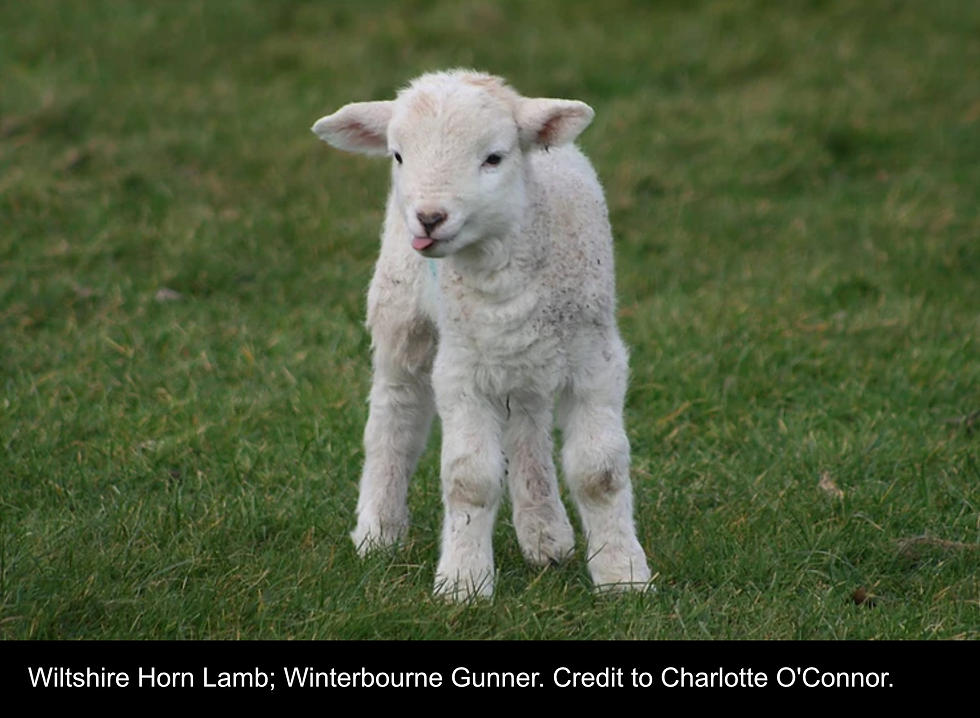The date for a Stocktaking Valuation used to be a very important one in the calendar - for both farmer and valuer: it was and is the annual assessment of the value of the farm stock. It was needed primarily so that the farmer's accounts could be completed but it was an opportunity in many other ways. Nowadays, the Revenue's rules have changed so that 'cost price' has become the benchmark rather than 'market value'. And, in the southern counties of England at least, there are not the numerous livestock farms that there used to be only fifty years ago. With so much land now producing cereals, the input costs are easily available in the office and recorded on the computer, so the calculations are a much more straightforward process. Yet the annual stock-take inspection is still valued by many farmers. They appreciate the professional eye of their valuer and it gives them the chance to show off their animals and to be complimented on how well they have done in the year; to talk about breeding or about decisive changes they have made (eg the dairy herd dispersed and replaced with beef cattle or sheep). And the advice of the valuer is sought and appreciated - the farmer has only his own animals to compare whereas the agent travels around the whole area and sees a great variety of both livestock and farming systems.
And it is a great day for an exchange of other information and news: the value of land, the latest tax changes, new laws, family succession and - not least - how the family fares. The bond between farmer and his longstanding trusted adviser builds into a unique relationship, one which spans the generations and offers continuity and confidence regarding events that shape and sometimes determine whole lives. Lastly, the stocktaking day can be a semi-social occasion - not always of course because time pressure often does not allow moments to savour outside the hectic daily routine - but many farmers I have known have been wonderfully thoughtful and generous with their hospitality. Some kindly insist on stopping for lunch (in my father's day, even a glass of sherry!). Some years ago, one of my stock-takes in the New Forest used to involve an early morning start so that our inspection coincided with feeding the cattle in their favourite places - so we were treated to an English breakfast beforehand to sustain us on our travels. And I appreciate greatly another kind family whose small farm we walk around each year to inspect the grasses and the wild flowers; every year, without fail, they provide a cup of tea and slice of cake before sending me on my way in the evening. I'm privileged to enjoy these annual occasions, still an important one for many businesses, and for the bond that we in these rural communities still enjoy, although the way of life that nurtures it is fast disappearing. The modern world has many admirable inventions and technologies but the 'old days' still hold traditions and standards that can match them and which deserve to be preserved as long as possible.



Comentarios